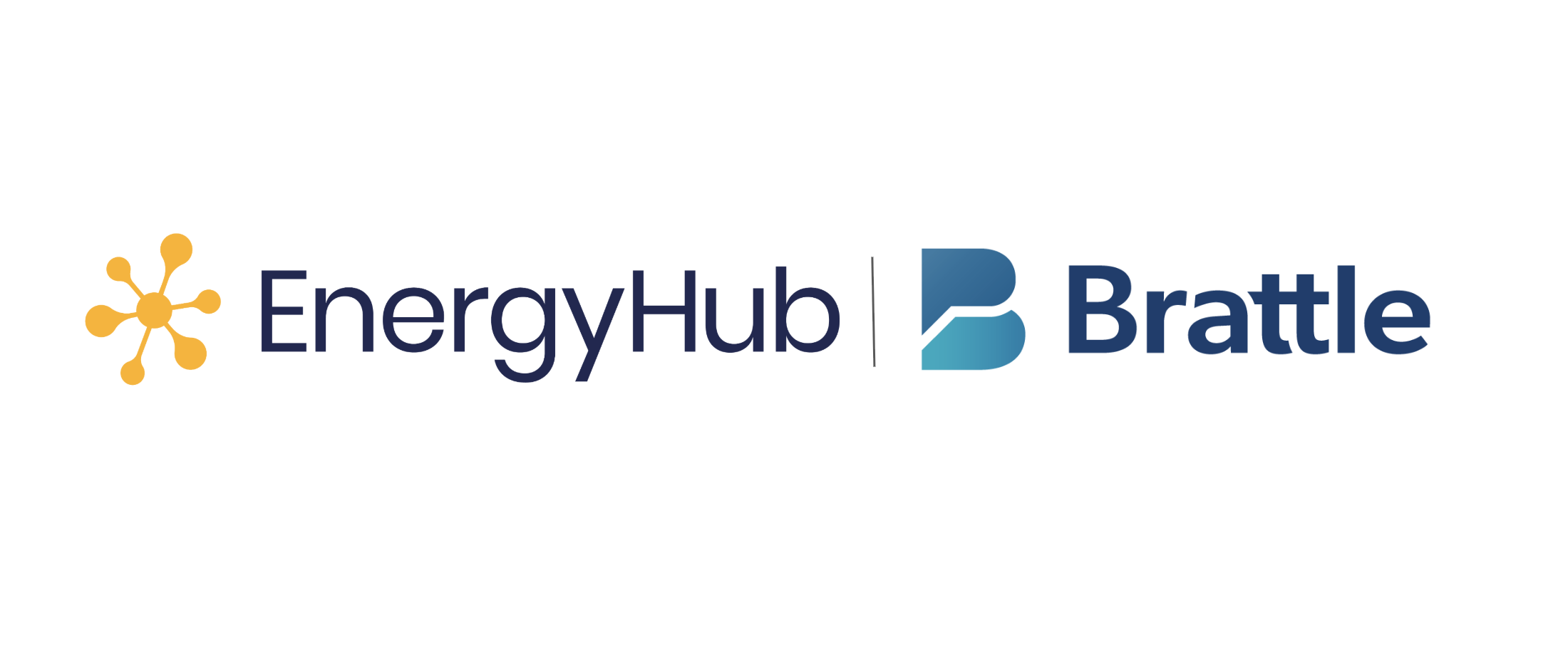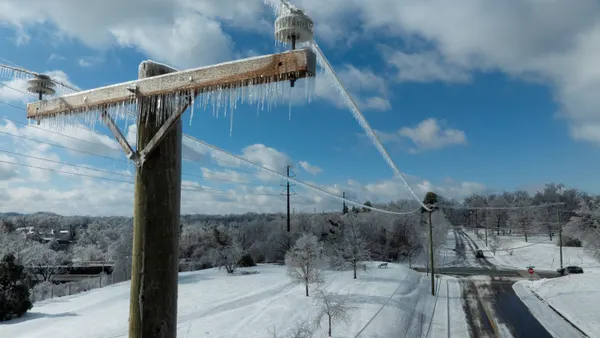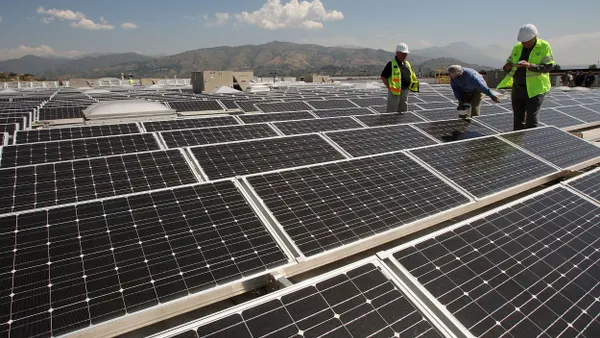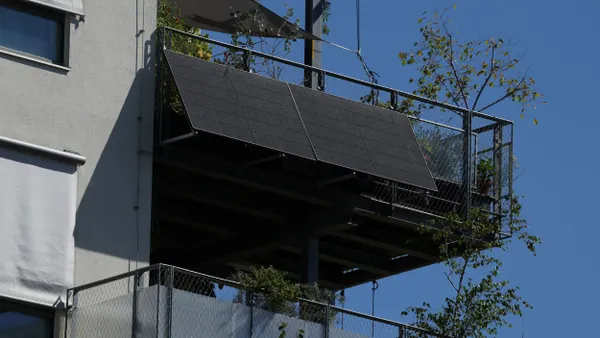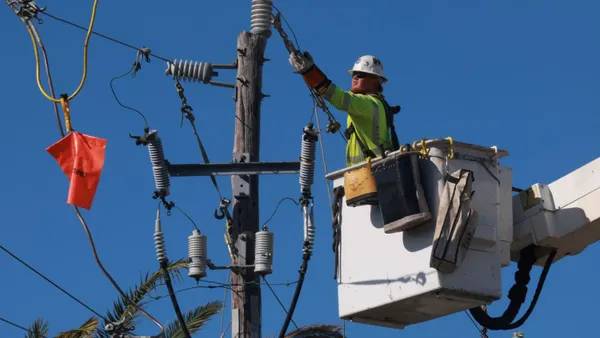Dive Brief:
- Indiana’s governor last week pressed for lower utility rates from investor-owned companies with utilities in the state: AES, American Electric Power, CenterPoint Energy, Duke Energy and NiSource.
- “We can’t take it anymore,” Gov. Mike Braun, R, said in a Sept. 3 press release. Braun directed Abby Gray, the state’s new ratepayer advocate, to evaluate utility profits and look for cost-saving measures that would ease utility rates. “I would also like to see the utilities' investors bear more of the cost of doing business,” Braun said.
- Analysts with Jefferies and Capstone say they doubt Braun’s comments will derail a proposal to create NIPSCO Generation, a company affiliated with NiSource’s Northern Indiana Public Service Co. that would build and own power plants to serve data centers and other “megaload” customers.
Dive Insight:
The action in Indiana highlights the nationwide affordability pressures that are colliding with the potential need to build power plants and power lines to serve planned data centers, manufacturing plants and other loads.
In Indiana, average residential electric bills surged about 17.5% over the 12-month period ending July 1 — the most in 20 years, according to analysis from Citizens Action Coalition, a ratepayer-focused advocacy group based in Indianapolis. Average residential bills increased 9.3% during that period in 2023-2024, the group said.
NIPSCO’s average residential bills saw the highest increase in the state, jumping 26.7% this year and 17.8% in 2024, followed by CenterPoint at 24.9% and 7.1% in the same periods, Duke at 19.8% and 1%, AES at 12% and 11.9%, and AEP’s Indiana Michigan Power at 3.9% and 8.8%, CAC said.
AES Indiana is seeking a two-part rate increase that could total about 13.5%, or $21 a month, for a typical residential customer by 2027, on top of a 6% increase set to take effect next year.
In other Indiana utility news, two members of the five-member Indiana Utility Regulatory Commission on Sept. 3 said without explanation that they are leaving the agency next month, before their terms expire. IURC commissioners Sarah Freeman and Wesley Bennett plan to step down on Oct. 10 and Oct. 17, respectively.
Freeman has been an IURC commissioner since September 2016; Bennett has served at the agency since May 2023. Freeman’s term expires on Jan. 1, 2026, and Bennett’s term ends April 1, 2026.
“Both commissioners were heavily involved in industry stakeholder engagement, including at [the] National Association of Regulatory Utility Commissioners, and known favorably by investors,” Jefferies equity analysts said Thursday. The action is a “clear negative development” for NiSource, but also for the other IOUs in the state, the analysts said.
Braun’s comments on utility rates were likely driven by voter pressure, according to research firm Capstone. “However, we do not believe his messaging will result in meaningful rate impacts for utilities or an unfavorable IURC composition, given his alignment with Trump interests and a desire to maintain a favorable business environment in Indiana,” analysts said in a client note on Friday.
Capstone analysts said they expect the IURC will likely approve NIPSCO Generation’s data center power proposal before Bennett and Freeman leave the agency. If they leave before the decision is made, the IURC will still have a quorum to make a decision, they noted.
“We also believe Braun to be supportive of NIPSCO and other utilities’ efforts to increase generation capacity for meeting growing data center demand, largely in line with the Trump administration’s priorities,” the analysts said.
NIPSCO, NIPSCO Generation and the NIPSCO Industrial Group reached a settlement agreement on the plan in mid-July.
Creating a separate generation company would allow NIPSCO to serve megaload customers by meeting their unique demands so that Northwest Indiana does not lose out on economic development opportunities due to “regulatory obstacles,” NIPSCO Generation said in an Aug. 15 filing at the IURC.
The plan protects existing customers by isolating risks to the generation company while maintaining NIPSCO’s financial integrity, the company said.
The plan’s opponents contend, in part, that it may increase risks for NIPSCO’s customers. Opponents include CAC; Clean Grid Alliance, a group representing clean energy developers; Takanock Beckham, a data center developer; and the Board of Commissioners of LaPorte County.









